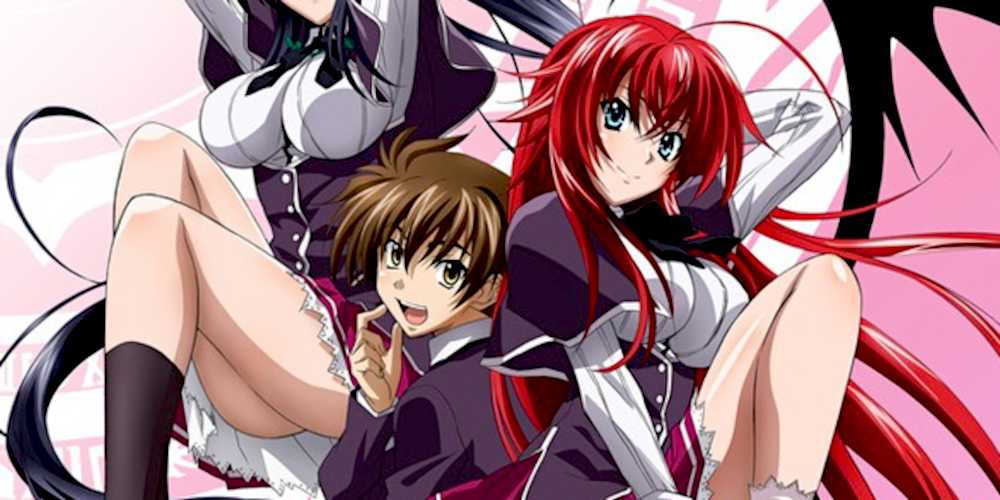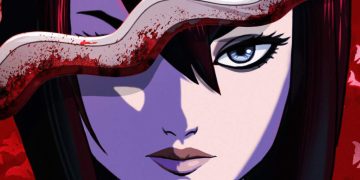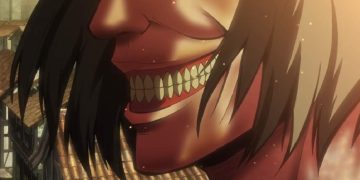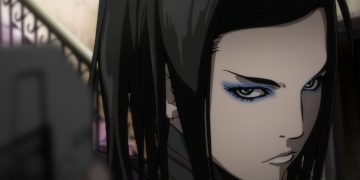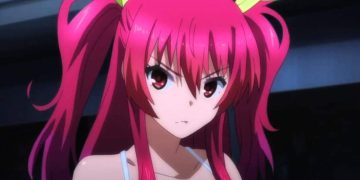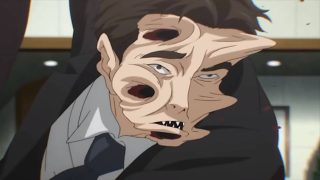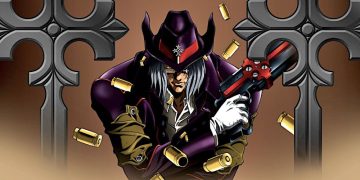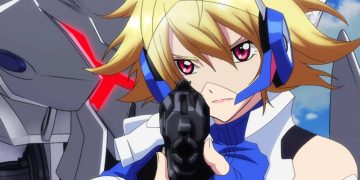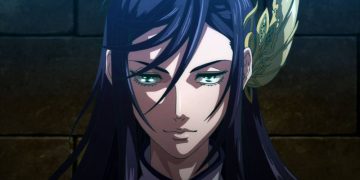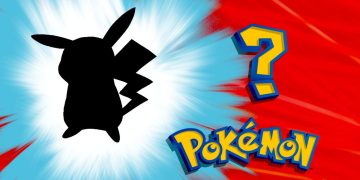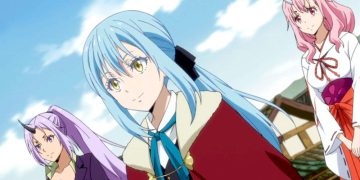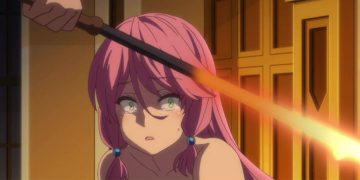Anime as a medium only started growing popular in Japan in the 1980s, then internationally in the 1990s when iconic anime series like Dragon Ball Z and Sailor Moon took off.
But with international success comes international scrutiny! And while many anime series are widely approved, there are notable examples of anime series being banned in certain countries for various reasons.
Indeed, media bannings aren't limited to books, movies, and video games. When you go beyond mainstream and family-friendly anime series like Digimon and Cardcaptor Sakura, you'll find all kinds of unusual anime series that are offensive in different ways.
Here are some of the most notable anime series that were banned in countries and what got them banned.
11. Mr. Osomatsu
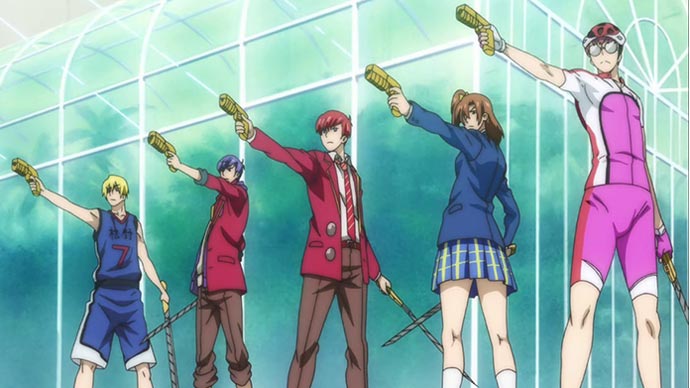
Mr. Osomatsu is a comedy anime based on the 1962 manga Osomatsu-kun about six mischievous siblings who always manage to get out of trouble. The anime follows them as adults, and features a lot more adult humor accordingly.
The first episode of Mr. Osomatsu is packed with parodies of famous anime series, including Attack on Titan, Kuroko's Basketball, Dragon Ball Z, and several others—and that's why it was banned.
While most anime series are banned for violence or sexual content, Mr. Osomatsu's first episode ran afoul of copyright laws. Western countries have Fair Use policies, but in Japan, the rights of intellectual property owners are protected much more strictly.
10. Attack on Titan
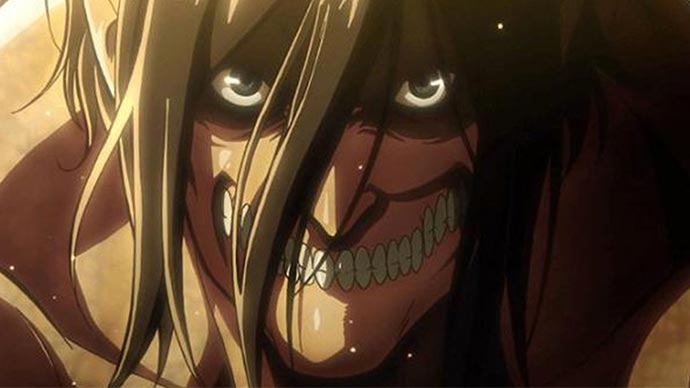
Attack on Titan might be one of the most popular mainstream anime series of the modern age, but that's not enough to keep it from being banned by world governments.
While this anime series full of monstrous creatures that feast on humans is thrilling and packed with plot twists, the eponymous Titans are so gruesomely violent that many find the animation disturbing.
Along with dozens of other animes, Attack on Titan was banned in China for excessive body horror.
But on top of that, Attack on Titan was also banned for promoting opposition to authority. (The societies in the show can be interpreted as real-life analogues of the relationship between Japan and China.)
9. Death Note
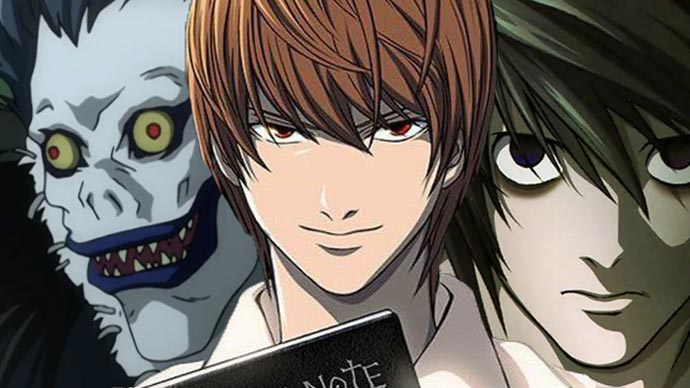
Death Note is a psychological thriller with lots of crime, injustice, violence, and death. It's a must-watch for fans of dark and mysterious cat-and-mouse stories with smart characters.
It starts with Light Yagami, a high school student who finds a "Death Note" that lets him kill anyone by writing their name in its pages.
Light uses this power to massacre criminals and purge immorality, but he eventually becomes the target of an elite investigation squad.
Death Note was banned in China because it influenced real-life children to begin writing the names of those they hate in their own mock Death Notes. Death Note was also banned in Russia for its depictions of violence, crime, and murder.
8. High School DxD
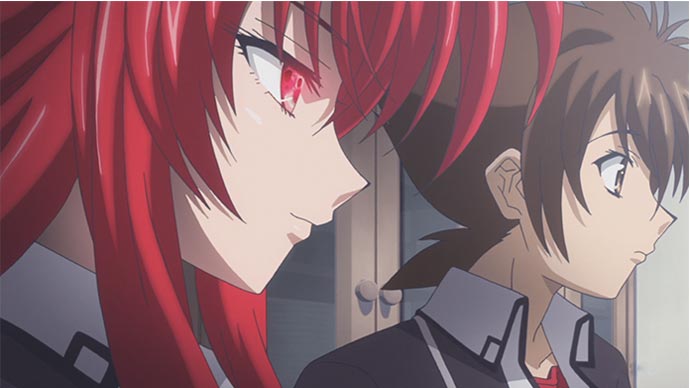
Action, Comedy, Ecchi, Fantasy, Romance, School
Originally aired 2012 to 2018
48 episodes (4 seasons)
High School DxD is a popular anime series involving a guy who's reincarnated as a devil after death. With his perverted mind, he plans to build a harem and be the Harem King as he rises in ranks.
The series was banned in New Zealand for containing too many sexually suggestive scenes with its cast of young characters. Touching on topics of sex and harem, it was deemed too close to child pornography (possibly even crossing the line at times).
Other sexually suggestive anime series, like Puni Puni Poemy, have also been banned in New Zealand for the same reason.
7. Parasyte: The Maxim
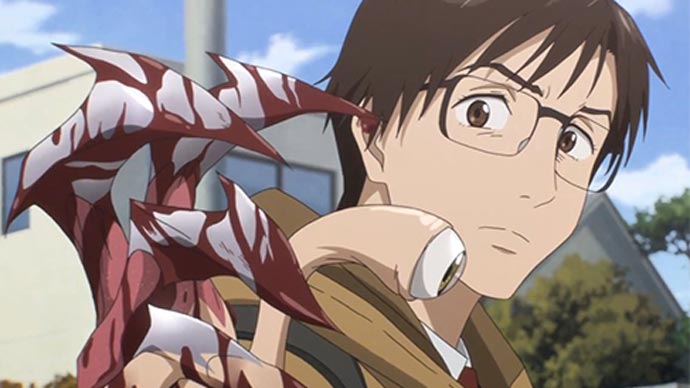
Parasyte: The Maxim is an anime series about alien parasites arriving on Earth and infecting humans, allowing the parasites to disguise themselves as humans with altered physical and psychological states.
The main character is Shinichi Izumi, who managed to avoid total possession by restricting the parasitic infection to his hand—so now his hand has a mind of its own and can shift into murderous shapes.
It's a brutal, violent, and bloody anime series with lots of body horror. With all the slashing, stabbing, and dismembering, Parasyte: The Maxim was declared "too disturbing" and was thus banned in China.
6. Tokyo Ghoul
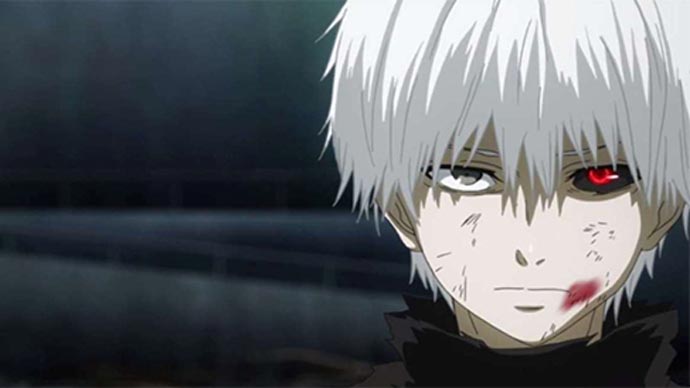
Tokyo Ghoul is one of the best anime series of all time if you want a dark, thrilling, and horrific mystery plot.
The story involves a young boy who's attacked by a ghoul and miraculously survives as a half-ghoul. Now he must consume human flesh to continue living, all while co-existing in human society.
Both anime and manga formats of Tokyo Ghoul were banned in China because it started a body stitching trend among youths. (One of the characters in Tokyo Ghoul, Jūzō Suzuya, has stitches on his face and people were imitating it because it looked cool.)
Of course, there's also the fact that Tokyo Ghoul is extremely violent and gruesome. This led to the anime being banned in Russia for its depictions of crime, murder, and violence.
5. Voltes V
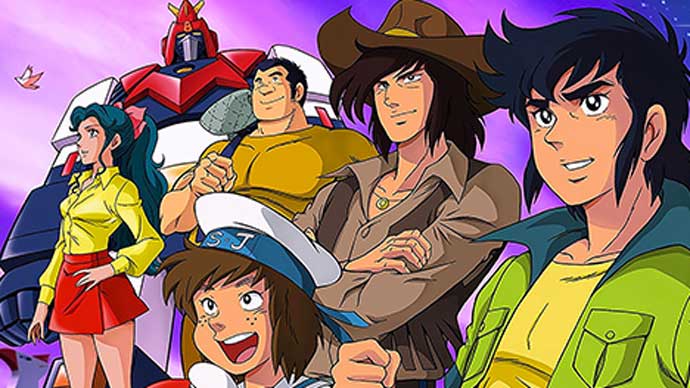
Action, Adventure, Drama, Mecha, Sci-Fi
Originally aired 1977 to 1978
40 episodes (1 season)
Voltes V began airing in the Philippines in 1978. It's a story of family, mystery, and a giant robot fighting off an alien invasion—a giant robot composed of five different machines, each piloted by a different character. (Sounds a bit like Power Rangers, huh?)
One year later, in 1979, Voltes V was banned in the Philippines for "excessive violence" and its harmful influence on children. According to reports, parents and guardians pleaded the government to cease airing the show for the sake of their kids.
As a result, Voltes V was taken off the air along with several other mecha animes, including Fighting General Daimos and Mazinger Z. It would be another two decades before the ban was lifted.
4. Record of Ragnarok
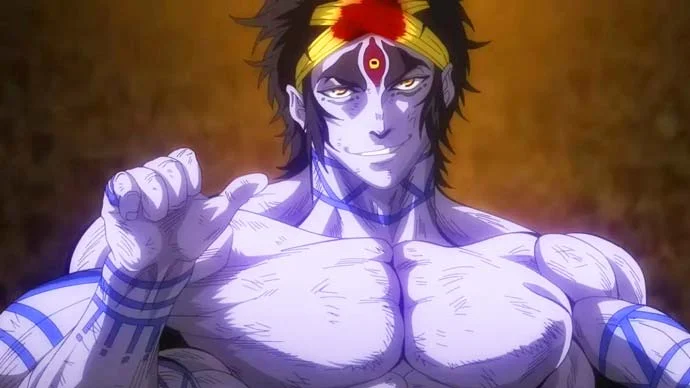
The Record of Ragnarok anime series centers around a tournament that will determine the future of mankind's existence. It's a series of battles between two sides: one, the gods and deities of different cultures and mythologies, and two, select representative human beings.
On top of this unique plot, the series inserts backstories into every fight, expanding the lore even more and making the series more than just empty-headed action-heavy scenes.
However, Record of Ragnarok got banned in India because of its "inappropriate" and "trivialized" depiction of the country's deity, Lord Shiva. (In India, concepts of Hinduism must be used and depicted properly based on the teachings and writings of their religion.)
3. Pokémon
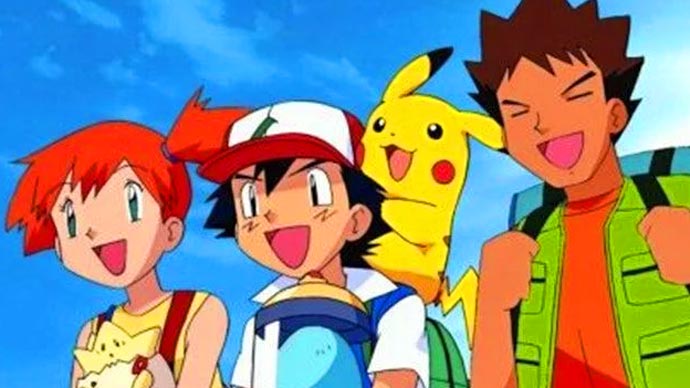
Action, Adventure, Comedy, Fantasy
Originally aired 1997 to 2023
1,251 episodes (26 seasons)
There's so much to love about the TV series Pokémon, including the cute creatures and the adventures of Ash Ketchum. Plus, the protagonist isn't always the winner, which subverts the overused shonen trope.
Despite being an action-packed series involving trained (and untrained) Pokémon battles, the Pokémon anime series is actually pretty light on violence, blood, and gore.
However, many Islamic countries banned the Pokémon anime series for its central concept of evolution, which is said to contradict the fundamental teachings of Islam.
Some countries also banned certain episodes for their controversial topics that resemble real-life disasters and events.
2. KonoSuba (And Other Isekai Animes)
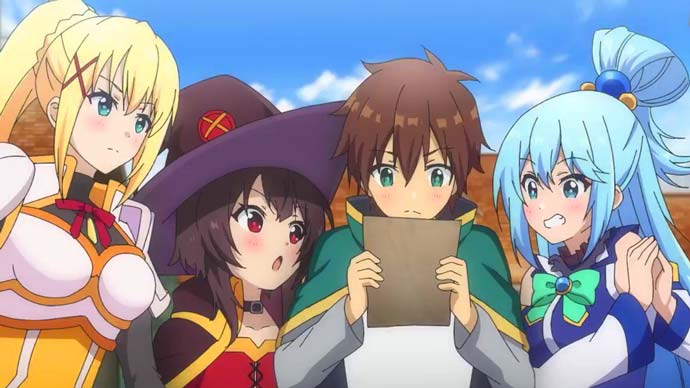
Adventure, Comedy, Fantasy, Isekai
Originally aired 2016 to 2017
20 episodes (2 seasons)
Over the last decade, the isekai genre of anime grew into a huge hit and spawned many big-name series. The main idea of isekai anime involves characters brought to another world—either summoned by a magical force or getting reincarnated and given a new life.
The frequent use of reincarnation in the isekai anime genre is why the Russian government banned several popular isekai anime series, including fan-favorites KonoSuba, That Time I Got Reincarnated as a Slime, and Mushoku Tensei: Jobless Reincarnation.
Supposedly, the concept of isekai anime promotes reincarnation beliefs, giving people the idea that there will be another life after death (which "might" lead to suicidal tendencies).
1. Assassination Classroom
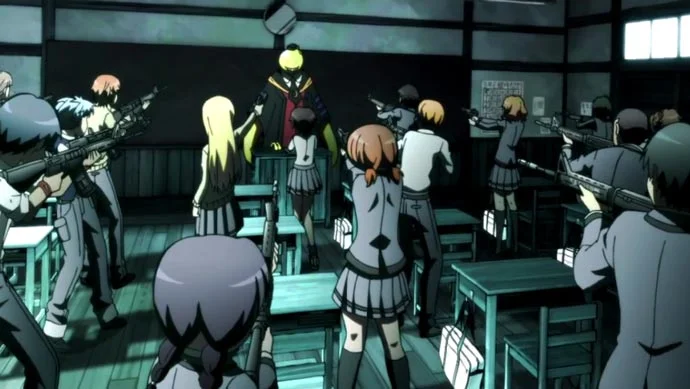
Assassination Classroom is a fun anime series with a heartbreaking ending. It centers on a class of high school students who are tasked with killing their "alien" teacher, who poses a great threat to the planet.
Based on this premise, Assassination Classroom was banned in both Florida and Wisconsin because it supposedly promotes violence in school. (The anime has scenes where students wield guns, knives, and high-caliber firearms, all while trying to kill their teacher.)
On top of that, Assassination Classroom was also banned because of its fan service: the sexualization of its student characters.
